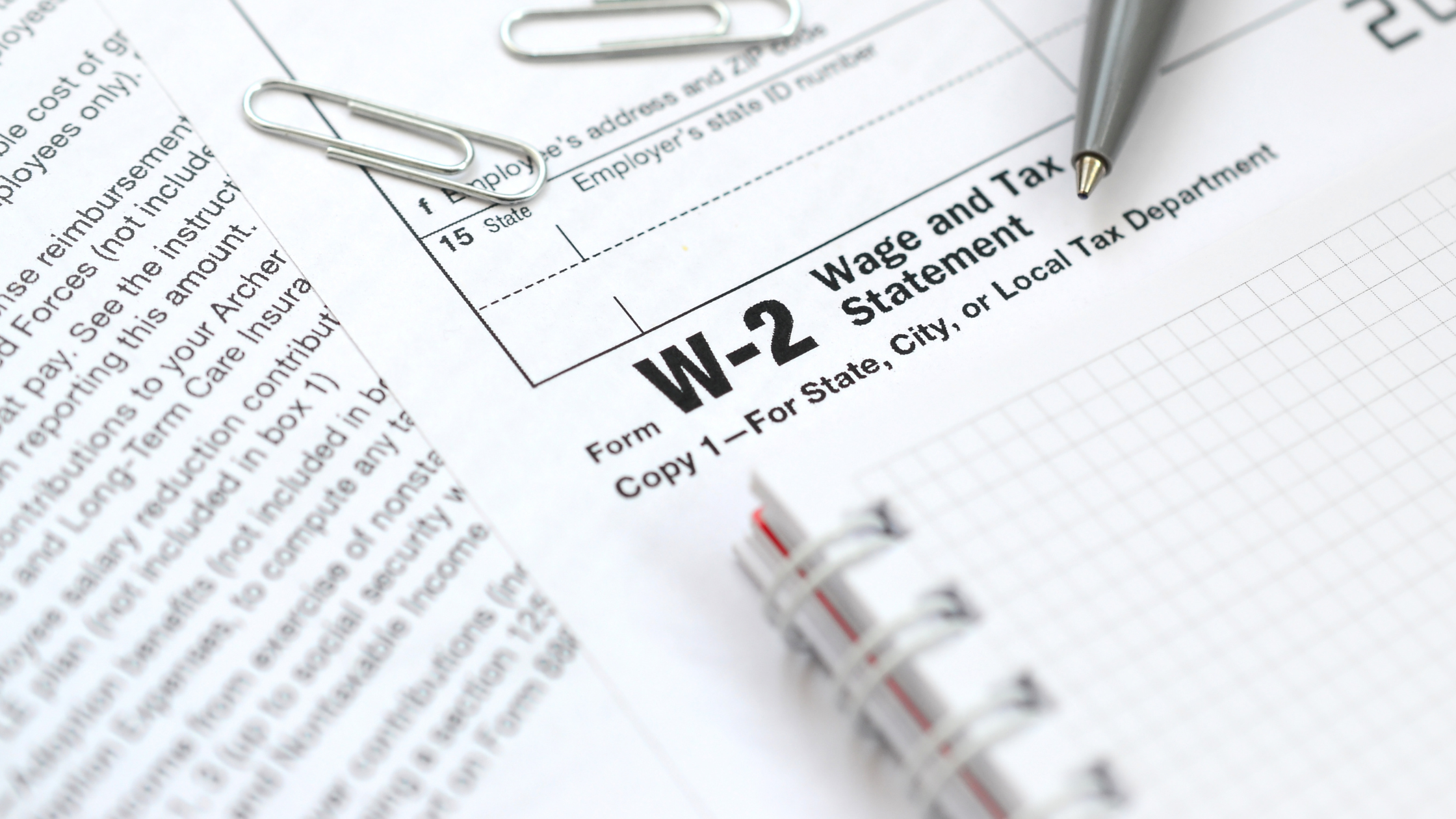As an employer, understanding the difference between hiring a worker as a W2 employee or a 1099 contractor is important to avoid financial and legal consequences.
Both W2 employees and 1099 contractors have their advantages and disadvantages, so it’s essential to determine which classification is best suited for your needs.
What is a W2 Employee?
A W2 employee is a traditional employee that is hired to work for an ongoing basis for your business and may be terminated at will. W2 employees should receive a regular salary or hourly wage and are protected by minimum wage and overtime laws with the FLSA.
As their employer, you are responsible to withhold taxes, Social Security, and Medicare from their paychecks.
W2 employees are typically trained to perform work that is for your business’ primary service and must perform the work themselves using the tools you provide.
As an employer, you are to provide your W2 employee a copy of their W2 Form each year in order for them to report their income and taxes withheld.
What is a 1099 Contractor?
A 1099 contractor is an independent worker who provides services to your company on a project or contract basis.
They are also known as contractors, contract workers, independent contractors, or freelancers.
Because they are technically running their own business, they are responsible for paying their own taxes, they have their own rates, and are not entitled to the same protections of the FSLA law as W2 employees.
1099 contractors have more freedom and can decide when and where to work, the clients they work with, along with the tools they use. That said, they are typically responsible for their own expenses.
You can determine when to pay your 1099 contractor, but this is usually done upon completion of a project.
As the employer, you must provide Form W-9 to your contractor to request taxpayer identification information.
Classifying Your Employees
There are factors provided by the IRS that can determine if your employee should be classified as a W2 employee or a 1099 contractor.
Based on Business News Daily, the most commonly used questions to help are:
- When, where, and how is the work being completed? Are they remotely, in-house, or using their own tools?
- Is the worker required to complete company training?
- Is the worker full-time or working on specific projects?
- Do you pay the worker hourly or weekly or usually once the project is completed?
- Does your company pay for their travel?
These questions can help guide you in the classification of your employee, but if you need more guidance, head to the IRS site for additional information.
Avoiding Legal Issues
As an employer, you must correctly classify your workers to avoid penalties and legal issues.
If you misclassify a worker, you can end up with financial consequences like penalties, fines, and you may be liable for back taxes.
The IRS may also conduct an audit of your tax returns to assess the accuracy of the classification of workers.
In summary, there are a few key differences between 1099 and W2 employees when it comes payments, taxes, benefits, and legal protections. As an employer, it's super important to know these differences and make sure you're following all the rules and regulations for classifying your workers correctly.
Megapay’s software is supported by a team of experts who make sure your business is always compliant by staying on-top of payroll laws in all 50 states.
Interested in learning more? Let's chat!
 Meet the platform.
Meet the platform.





